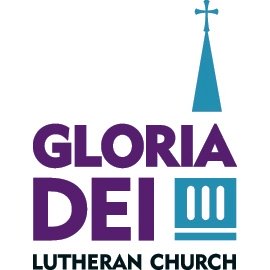National Recovery Month is marked nationally every September as a time to promote new treatment and practices to help people recover from substance use orders. It’s also a chance to celebrate a strong and proud recovery community and service providers and others who make recovery possible.
Substance use disorder is a mental disorder that affects a person’s brain and behavior, leading to their inability to control their use of substances such as legal or illegal drugs and alcohol, according to the National Institute of Mental Health. Symptoms can range from moderate to severe, with addiction being the most severe form of substance use disorders.
For many people with substance abuse disorders, successful recovery also means addressing mental health issues, including anxiety, depression, bipolar disorders and attention deficit hyperactivity disorder. The reverse is true too: Researchers have found that about half of people with mental health disorders will also experience a substance use disorder.
The national institute, the federal agency’s lead agency on mental health research, says three possibilities could explain why substance use disorder and other mental disorders may occur together:
· Common risk factors. Both substance use disorder and other mental disorders can run in families, suggesting that certain genes may be a risk factor. Environmental factors, such as stress or trauma, can cause genetic changes that are passed down through generations and may contribute to the development of a mental disorder or a substance use disorder.
· Mental disorders can contribute to substance use disorder. Studies found that people with a mental disorder such as anxiety and depression may use drugs or alcohol as a form of self-medication. However, while these substances may temporarily help with symptoms of mental disorders, they also may make the symptoms worse over time. Also, brain changes in people with mental disorders may enhance the rewarding effects of substances, making it more likely they will continue to use the substance.
· Substance use disorders can contribute to the development of other mental disorders. Substance use may trigger changes in brain structure and function that make a person more likely to develop a mental disorder.
Research has found several behavioral therapies have promise for treating people with co-occurring disorders. Some examples include cognitive behavioral therapy, dialectical behavior therapy and assertive community treatment. Behavioral therapies shown to be effective for children and adolescents include brief strategic family therapy, multidimensional family therapy and multi systemic therapy. Effective medications also exist for treating substance abuse disorder and lessening the symptoms of other mental disorders. More information is available on the National Institute of Mental Health website.
Gloria Dei’s Hope in Recovery and Mental Health ministry’s work to make Gloria Dei a safe place to discuss and learn more about substance use and mental health disorders.
On Sunday, Sept. 25, information will be available near the church library for those who want to learn more about what supports are available for people with substance use disorders and their families.
If you or family members are in need of additional support or assistance, please reach out to Jill Stewart our Parish nurse or one of the pastors.

